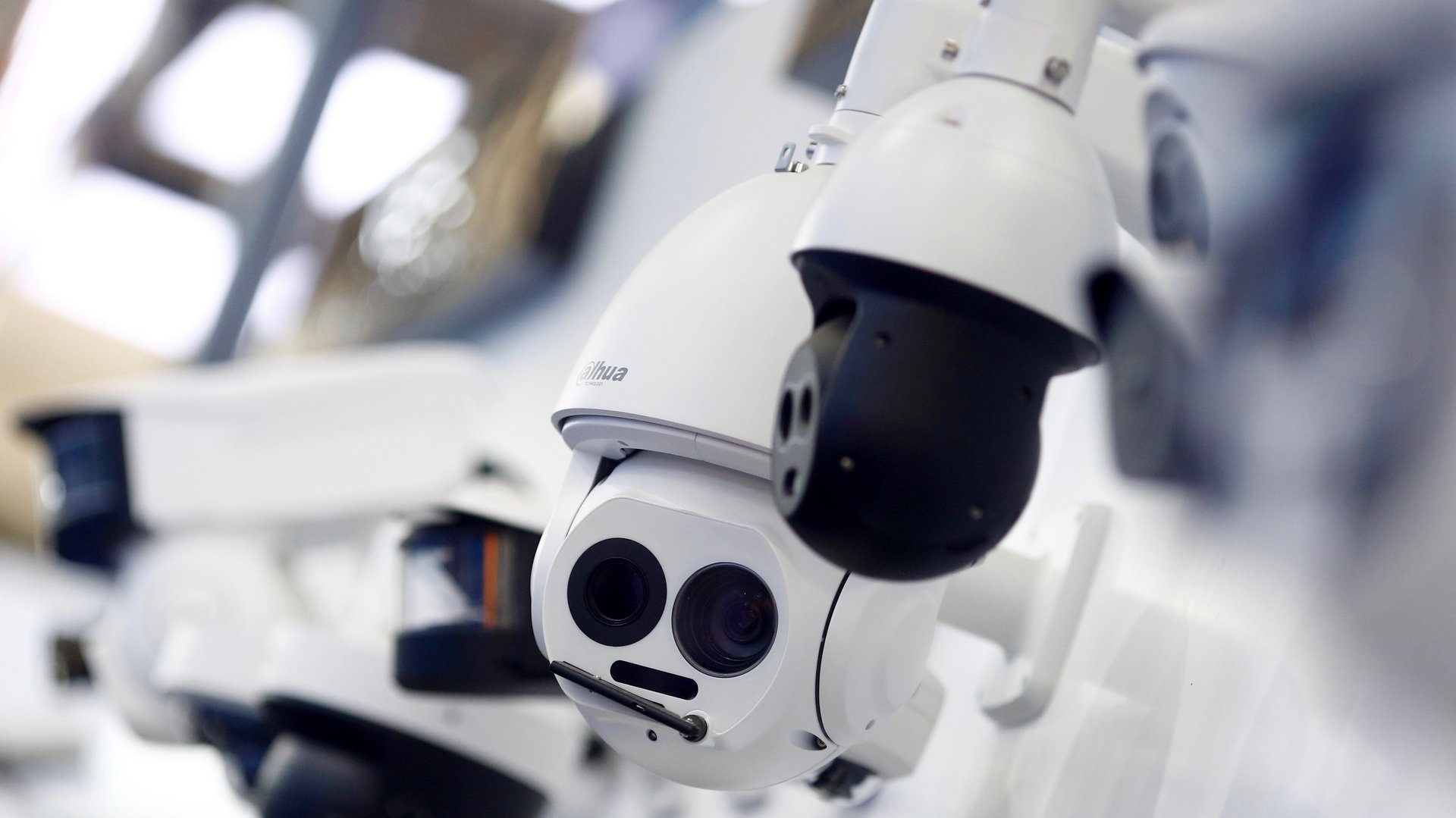A California hospital secretly recorded hundreds of gynecological procedures
The Sharp Grossmont Hospital in San Diego, California and Sharp HealthCare are terribly sorry.


The Sharp Grossmont Hospital in San Diego, California and Sharp HealthCare are terribly sorry.
Yes, admits Sharp president and CEO Chris Howard in an April 4 letter, hospital authorities did secretly record numerous private gynecological procedures in three “Women’s Center” rooms. But they didn’t mean to do it. They promise that all the recordings are locked away in a safe and that they won’t do it again.
The letter comes after a series of lawsuits made the hospital’s error a matter of public knowledge. In 2016, patients sued Sharp HealthCare and Sharp Grossmont Hospital, alleging privacy violations and negligence stemming from the video recordings, as Buzzfeed News reported in March. But a court denied the plaintiffs’ request to be heard in a class action lawsuit. So last month, 81 women signed on to a similar suit; the plaintiffs argue that, from July 2012 to June 2013, the healthcare provider secretly recorded everything from births to hysterectomies to sterilizations and more without warning patients. The plaintiffs only knew that they had been covertly recorded because a third-party administrator told them, their lawyer tells WBAL TV.
Now, Sharp says it wants to address the “community” directly and explain what actually happened. Since lawsuits are pending, however, Sharp isn’t actually saying that much. What it did reveal in its letter is that the company began the secret recordings, using motion sensor cameras in computers, as part of an internal drug investigation.
After receiving reports of missing equipment and drugs in the anesthesia carts in the three rooms serving women, the hospital authorities interviewed personnel and tried to find the culprit because “[u]nauthorized removal or misuse of medication by a doctor or other medical professional can present a threat to patient safety,” the letter explains. “We would never want to put our patients at risk for this kind of harm,” Howard writes.
When the investigation yielded no information, Sharp installed cameras on the carts, intending only to record what was happening in the carts’ immediate vicinity. Things didn’t go as planned, though. It turned out that the cameras were recording extremely private procedures of hundreds of women over nearly a year. According to the complaint, patients were “at their most vulnerable.” The women captured on video (paywall) were “conscious and unconscious, partially robed on operating room tables, undergoing medical procedures and communicating with their doctors and medical personnel.”
The complaint, filed in California state court, alleges that Sharp not only violated patient privacy by using the secret cameras, but was also negligent in handling the recordings. Videos were stored on computers in hospital rooms and weren’t password protected. There’s no log to document who might have viewed them. Allison Goddard, an attorney for the plaintiffs, told CNN. “It’s horrifying to think that, especially in today’s day and age of the ubiquity of videos on the internet, if one of those videos were to get in the wrong hands, there’s no controlling it. It takes your own medical care outside your own control.”